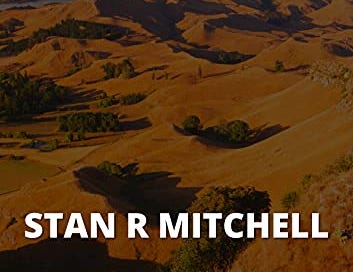America gave Afghanistan the most precious gift; it's up to them to hold onto it.
Twenty years ago, on a fateful day that would come to be known as 9/11, terrorists from Al-Qaeda boarded planes and piloted them into American buildings, felling two of the greatest creations in America. They would take the lives of 2,977 innocent victims, topping even the Japanese, who had killed 2,335 in their surprise attack on Pearl Harbor sixty yea…
Keep reading with a 7-day free trial
Subscribe to The View from the Front Podcast. By Stan R. Mitchell. to keep reading this post and get 7 days of free access to the full post archives.



